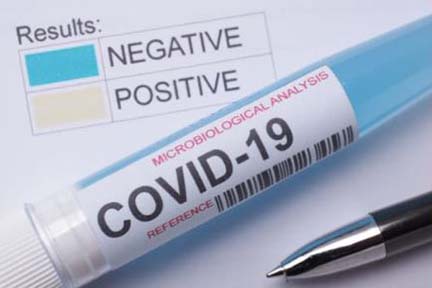
MI receiving $109 million to address substance use disorder
Press Release FOR IMMEDIATE RELEASE: Oct. 16, 2024 CONTACT: Lynn Sutfin, 517-241-2112, Sutfinl1@ Michigan receiving more than $109 million to address LANSING – The Michigan Department of Health and Human Services has received a nearly $36.4 million State Opioid Response grant for FY2024 from the Substance Abuse and Mental Health Services Administration (SAMHSA). Over a three-year grant period Michigan is slated to receive more than $109 million in federal funding intended to address the overdose crisis. “These federal funds help our state address the multi-generational impact of the opioid epidemic as well as well as the racial disparities that exist with substance use disorder,” said Elizabeth Hertel, MDHHS director. “Programs focused on prevention, harm reduction, treatment and recovery are saving the lives of Michigan residents each and every day. We will use these dollars to continue investing in supports, improvements and enhancements that further our efforts to decrease substance use disorders, improve treatment options and improve recovery success.” State Opioid Response funding will be used to increase access to medications for opioid use disorder (MOUD) using the three FDA-approved medications; reduce unmet treatment needs; reduce overdose-related deaths through the provision of prevention, treatment, harm reduction and recovery activities for opioid use disorder (OUD) and stimulant use disorders (StUD); and improve the quality of treatment for StUD and OUD. Agencies receiving funding under this grant include Michigan’s 10 Prepaid Inpatient Health Plan regions for publicly funded substance use disorder treatment services, the Inter-Tribal Council and Saginaw Chippewa Indian Tribe, syringe service programs operating throughout Michigan, Michigan State University, University of Michigan, Wayne State University and other state and local agencies providing substance use disorder services. Key new and continuing projects include:
Since 2018, Michigan has received $254 million in State Opioid Response funding to address substance use disorder across the state. These funds are in addition to the nearly $1.6 billion from national opioid settlements Michigan is slated to receive by 2040, with half being distributed to the State of Michigan Opioid Healing and Recovery Fund and the other half being distributed directly to county, city and township governments. For more information on Michigan’s response to the overdose crisis, visit Michigan.gov/SUD. |














